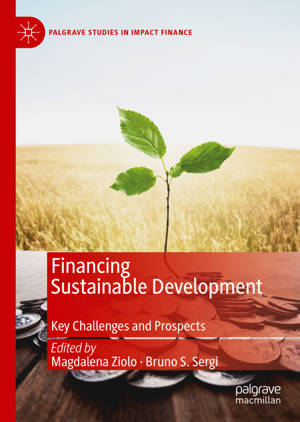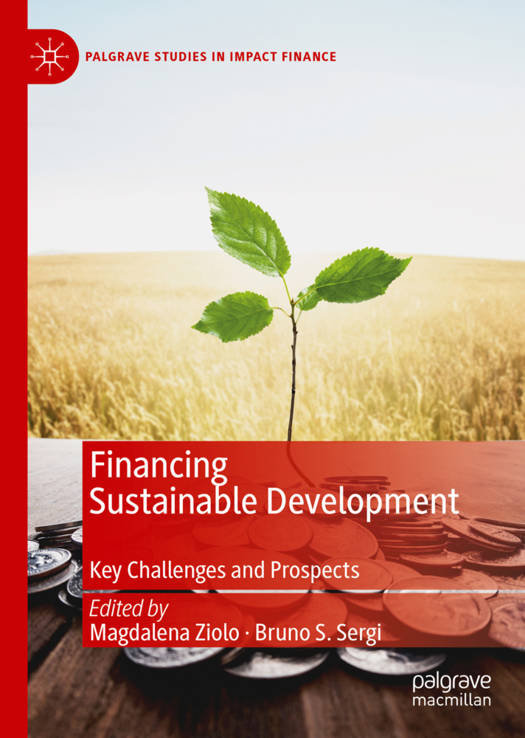
- Retrait gratuit dans votre magasin Club
- 7.000.000 titres dans notre catalogue
- Payer en toute sécurité
- Toujours un magasin près de chez vous
- Retrait gratuit dans votre magasin Club
- 7.000.0000 titres dans notre catalogue
- Payer en toute sécurité
- Toujours un magasin près de chez vous
Financing Sustainable Development
Key Challenges and Prospects
158,45 €
+ 316 points
Description
Provides new and original knowledge about Sustainable Finance and its role in the economyProposes a new methodology of conducting research in the sustainable finance scopeDiscovers new phenomena's in sustainable finance scope including ESG risk and attitudes of financial managers towards ESG risk
Spécifications
Parties prenantes
- Editeur:
Contenu
- Nombre de pages :
- 375
- Langue:
- Anglais
- Collection :
Caractéristiques
- EAN:
- 9783030165215
- Date de parution :
- 09-08-19
- Format:
- Livre relié
- Format numérique:
- Genaaid
- Dimensions :
- 148 mm x 210 mm
- Poids :
- 630 g

Les avis
Nous publions uniquement les avis qui respectent les conditions requises. Consultez nos conditions pour les avis.





